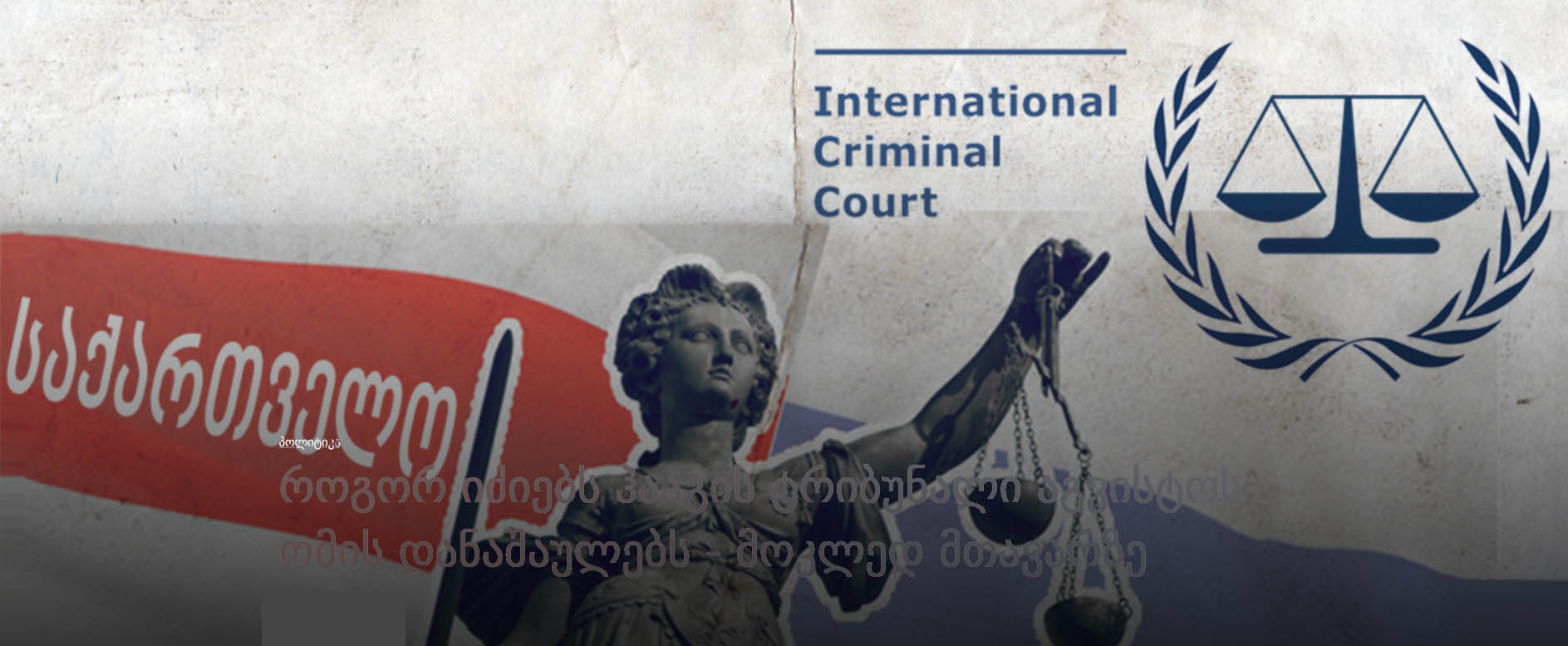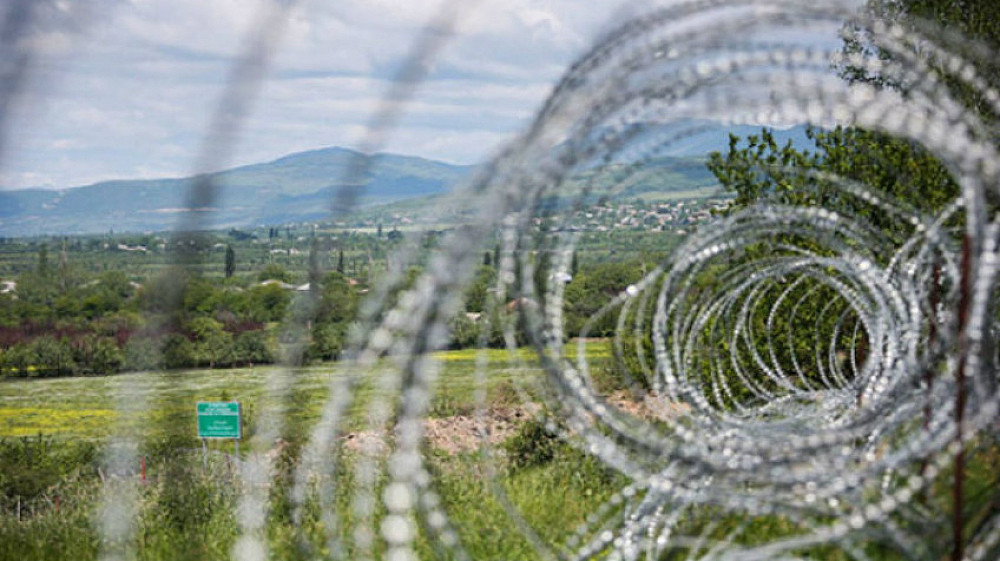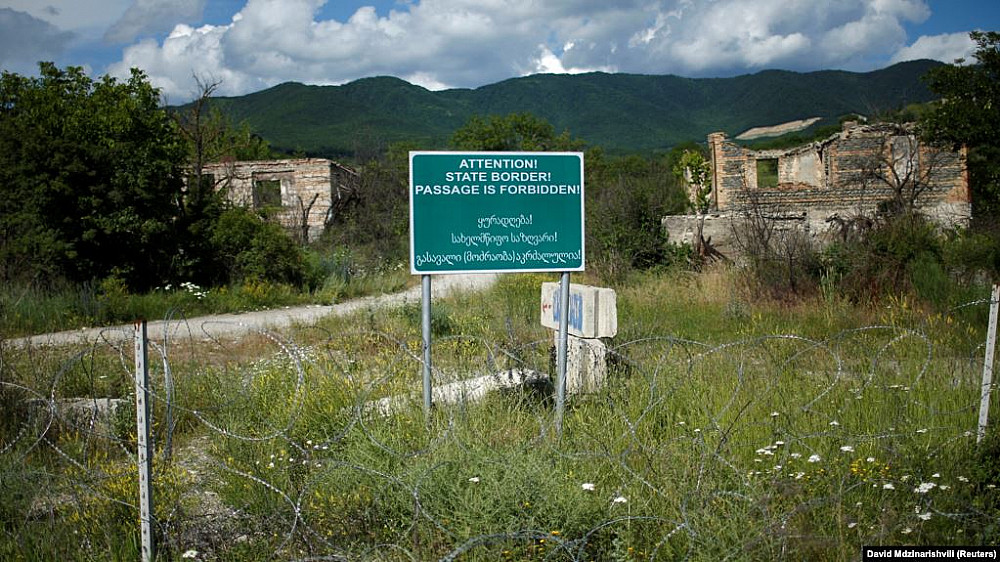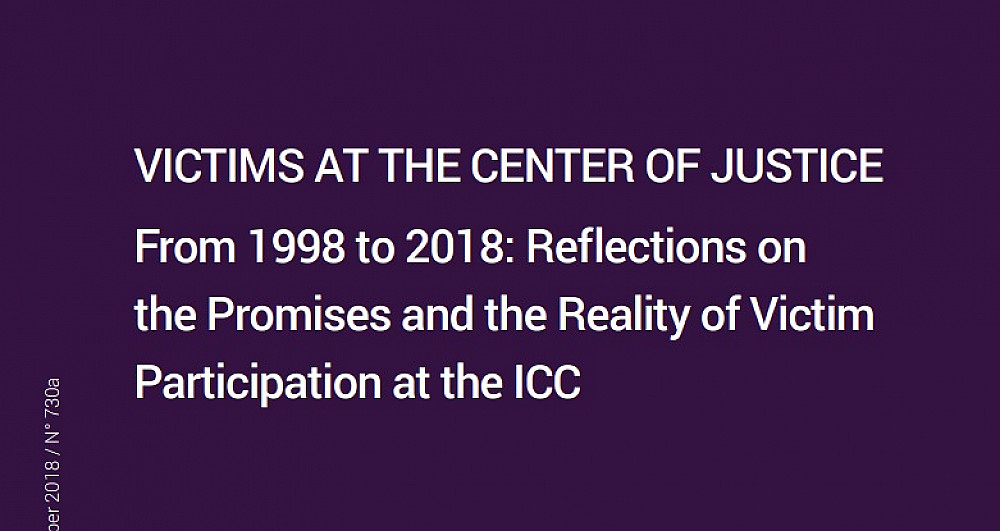
How the Hague Court investigates the August War Crimes
On January 27, 2016, the pre-trial Chamber of the International Criminal Court of The Hague (ICC) concluded that war crimes and crimes against humanity may have been committed before, during and after the 2008 August War.
It was sufficient pre-condition for the three judges of the pre-trial chamber to authorize Prosecutor Fatou Bensouda to commence the investigations of the alleged crimes committed during Russian-Georgian war.
The Hague Court focused on the period in between July 1 and October 10, 2008. The timeframe covers the period of the stories of alleged victims.
What should The Hague Court determine?
ICC looks into alleged war crimes, crimes against humanity and genocide committed in the context of the Russian-Georgian armed conflict in the period of July 1 - October 10, 2008.
The crimes against humanity may include:
- murder and attempted murder
- mass forcible transfer of population
- cruel treatment
The war crimes may include:
- assault on peaceful civilians
- intentional murder
- intentional attack on peacekeepers
- destruction of property and pillaging
The 160-page document, for what the OTP collected the materials, describes alleged crimes related with Georgian, Russian and South Ossetian parties of the conflict. The solicitation is enclosed with confidential annex listing those individuals or groups, who may be held most responsible for the listed crimes.
Who represents Georgia in The Hague Court?
Ministry of Justice of Georgia is authorized to cooperate with the International Criminal Court. The Ministry of Justice communicates the Court and assists to organize necessary activities in Georgia.
Nika Jeiranashvili, head of the Justice International, criticizes the communication of the Government of Georgia with the ICC:
“Beka Dzamashvili and deputy Minister of Justice Gocha Lortkipanidze are official representatives of Georgia in the Hague but it does not mean that they are permanently in the Hague. They visit the Hague once or twice a year. But, there is no other person, who will be permanently deployed there and will participate in official meetings. I permanently stay in The Hague but I represent the nongovernmental organization.”
The materials, which the Georgian prosecutor’s office sent to the ICC, are confidential. Consequently, it is not known whether citizens of Georgia are also mentioned in them and whether there is any evidence against them.
Do the statements of the politicians affect the investigation?
Formally no. The statements of the politicians cannot influence the investigation because the court relies only on the evidence and not on the political views.
However, it is the topic of political discussion. The opposition criticizes the Government of Georgia for making the statements that harm the country’s position and also for insufficient engagement in the process.
Georgia, as a member state of the Rome Statute, is obliged to transfer the individuals to the Court, against whom the ICC will issue arrest warrants. Russia does not share the same obligation, because it has never been the Rome Statute member state and it even withdrew its signature on the ICC Rome Statute in 2016.
As Russia does not cooperate with the ICC, there is theoretical assumption that if arrest warrants are issued, only Georgian citizens will be held responsible and it grants political dimension to this case.
What is the current status of the investigation and when can it finish?
There is no fixed date when the investigation will finish. It depends on the time the Court will need to collect sufficient evidence to determine the suspect.
Nongovernmental organization – Justice International, which was established to promote the investigation and protect the interests of Georgia, states that the current status of the investigation creates chance to issue arrest orders against concrete individuals.
Who can be the defendant?
The investigation carried out by the OTP is confidential. The exact number of the defendants and victims of the crimes will be determined only after the investigation is over.
Military officers, politicians and civilians may be among the defendants.



